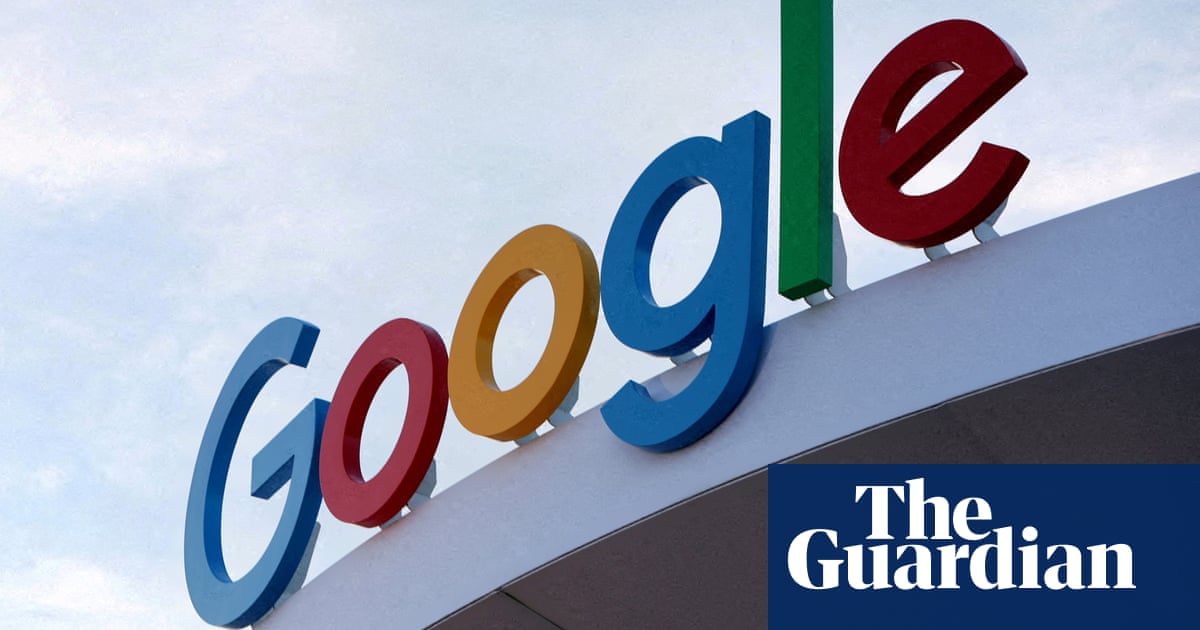Google has temporarily blocked links from local news outlets in California from appearing in search results in response to the advancement of a bill that would require tech companies to pay publications for links that articles share. The change applies only to some people using Google in California, though it is not clear how many.
The California Journalism Preservation Act (CJPA) would require large online platforms to pay a “journalism usage fee” for linking to news sites based in the Golden state. The bill cleared the California assembly in 2023. To become law, it would need to pass in the senate before being signed by the governor, Gavin Newsom.
In a blogpost published on Friday, Jaffer Zaidi, Google’s head of global news partnerships, explained that the company was experimenting with removing local news links for a “small percentage” of California users in preparation for the bill potentially passing.
“We don’t take these decisions lightly and want to be transparent with California publishers, lawmakers and our users,” he said. “To avoid an outcome where all parties lose and the California news industry is left worse off, we urge lawmakers to take a different approach.”
Google will also suspend “further investments in the California news ecosystem”, the blogpost said, cutting California publications from its Google News Showcase, a feature that pushes stories to users in a streamlined feed in an effort to boost traffic to publishers.
In May 2023, in response to the California legislation, Meta said it would be forced to remove news content from Facebook and Instagram “rather than pay into a slush fund that primarily benefits big, out-of-state media companies”. The company has not yet followed through on those statements, and did not immediately respond to request for comment.
The California bill is meant to support the local journalism industry, which has been gutted in recent decades in part due to the rise of social media and other online means of accessing news. But media equity advocates say that the legislation is misguided, and stands to benefit larger publishers over smaller outlets that are seeing more drastic impacts.
A study conducted by Free Press Action, a media-reform advocacy group, found in a November report that more than 80% of the websites that would benefit from the reimbursement mandated by the bill are owned by just 20 major firms. Media conglomerates like News Corp and Gannett stand to benefit from the proposed measure, according to the study. Because of this, major social media companies have lobbied heavily against the legislation.
“It’s a Google versus corporate media fight, and in the end California residents are the ones being harmed,” said Mike Rispoli, senior director at Free Press Action. “It speaks to real challenges facing local news today when how the news is created and how it is accessed is controlled by these large corporations that are just looking after themselves.”
The California bill is the latest to challenge big tech firms over their impact on news publishers. Meta, Facebook’s parent company, and Alphabet, Google’s parent company, have battled similar legislation in Australia and Canada. That fight came to a head in Canada when Meta turned off news services in the country in 2023, in the midst of a wildfire crisis. The blockade on links to news in Canada is ongoing.
Meta has also continued to scale back its news services in Australia after the country passed a bill in 2021 forcing social media firms to pay publishers for content shared on their platforms. In March it escalated the battle with lawmakers there by stating it would stop paying publishers there for content.
Similar legislation is being considered in Illinois. Introduced in February 2024, the Journalism Preservation act would require social media firms to pay a fee based on how many times per month they link to a news outlet’s work.

